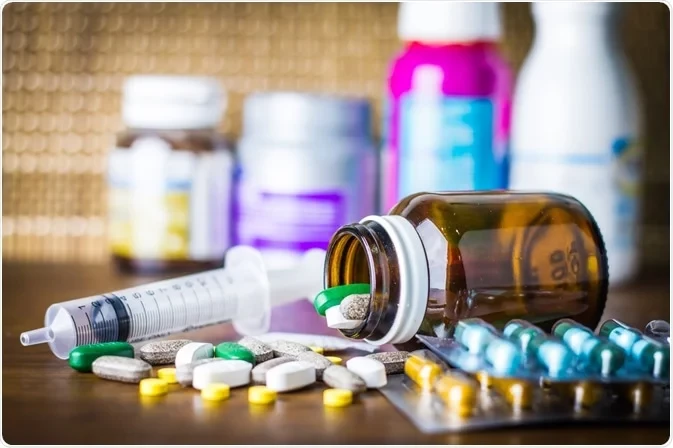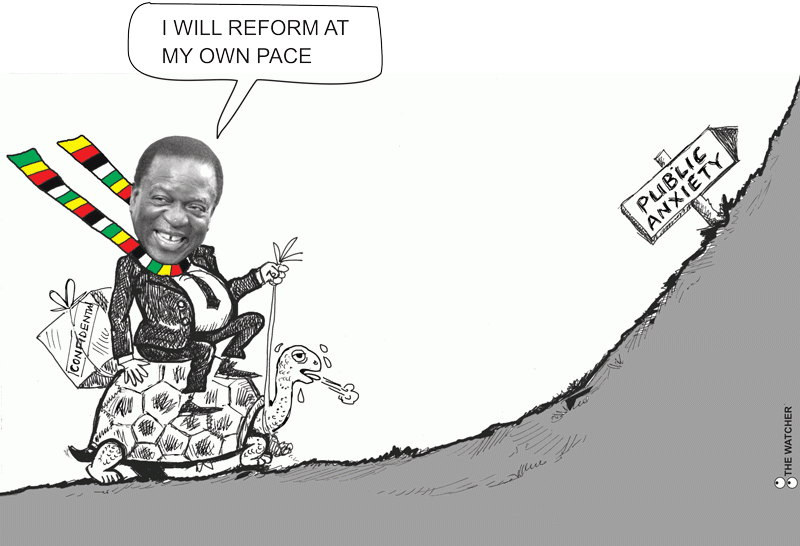
As any doctor can tell you, the most crucial step towards healing is having the right diagnosis. If the disease is precisely identified, a good resolution is far more likely.
Conversely, a bad diagnosis usually means a bad outcome, no matter how skilled the physician.
The world is beset by many problems, but collective trauma is potentially one of the most destructive and unfortunately it’s not mainstream knowledge how deep collective trauma sits in our societies.
Collective trauma refers to the cumulative emotional harm of an individual or generation caused by a traumatic experience or event.
According to its advocates, it evokes a variety of responses, most prominently through substance abuse, which is used as a vehicle for attempting to numb pain.
The pessimist complains about the wind; the optimist expects it to change; the realist adjusts the sails and it's high time we need to decide whether we want to be pessimistic, optimistic or realistic as a country with regard to the prevalent drug and substance use behavior as well as the surging crime rate.
By three methods we may learn wisdom: first, by reflection, which is noblest; second, by imitation, which is easiest; and third by experience, which is the bitterest.
The heart-wrenching ills that have devastated our motherland are neither new nor peculiar to us hence our response strategies should be informed by other countries' experiences spiced up with local innovation to make up hybrid tailored interventions for our specific national needs.
- Calls for drug laws reform grow louder
- ZCLDN moves in to tackle teen drug use
- Calls for drug laws reform grow louder
- ZCLDN moves in to tackle teen drug use
Keep Reading
It's not what we look at that matters, it's what we see as a nation in the midst of social and environmental ills.
Suppressed energy doesn’t go away, and even dark or disowned energy cannot be destroyed.
It needs to move, to become, to transmute; it must find an expression.
In this way, unconscious material rises again and again to the surface, seeking to be met, detoxed, and clarified. Until trauma has been acknowledged, felt, and released, it will be experienced from without in the form of repetition compulsion and projection and from within as tension and contraction, reduction of life flow, illness or disease.
The changes we want to see in the world need a new form of collective consciousness, however, striving for a nonviolent culture, this collective consciousness must not suppress the individual but instead allow each person’s individuality to unfold.
Just as each organ in the body plays a different and important role, so too do the members of a healthy community have distinct roles to play which serve the overall health and vitality of the community body. The key to this is trust.
Collective numbness surfaces as epidemic substance misuse; food, sex, and entertainment addiction; media overuse; criminal behavior and many other forms.
It reveals itself as a collective shutting down to crisis as much as to healing. Everything that irritates us about others or a situation can lead us to an understanding of ourselves hence this is the high time to make lemonade from our social lemons.
Neither drugs, food, sex, entertainment nor media is a problem to focus or declare war on but stints to announce a rotting carcass.
To improve is to change; to be perfect is to change often and if we change the way we look at things, the things we look at change.
Fear is not a private problem – it is the psychological consequence of a civilization gone awry. It arose in the collective cruelties of humanity.
The task of national and global peace work entails the dissolution of the collective trauma,which accumulated in the collective subconscious of humanity throughout years of wars (chimurenga included), colonialism and expulsion, treachery and betrayal.
After breaking through all those evolutionary layers, you suddenly emerge, in the depths of the body, into something where the old laws of the world no longer have power.
And you realise that their power was nothing but a huge collective suggestion –and an old habit. But just a habit!
There are no “laws” — there are only fossilized habits. And the whole process is to break through those habits. (…)
But that state has to come to a point when it’s experienced spontaneously and naturally by the body, which means freeing it of all its conditioning.
Then you emerge into something fantastic. But really fantastic!
Although I suppose that the first gliding of a bird in the air also was fantastic. Yet there was a moment when an old reptile took off and became a bird.”
There are no ready-made laws and no ultimate physical laws pertaining to our bodies. There are only entrenched behavioral habits and there is a freedom within ourselves that enables us to rise to a higher form of life.
Our inner worlds are part of the way towards solving the issues we face as a nation and the world at large because they’re part of the collective trauma field that has fed and will continue to feed the wars, societal responses, policies, politics and business practices that no longer serve us.
Caring for the piece of that collective trauma field that we uniquely carry offers us an opportunity to transform that unresolved material and harvest the pearls of ethical learning that have been frozen in the icy throes of time.
By healing and working with our internal experiences, we have an opportunity for post-traumatic growth and learning that can help us problem solve, respond and show up to the world in a way that’s wise, mature, adaptable and effective.
- *Tinashe Chikodzi is a Chartered Customer Service Professional (CCSP), social entrepreneur, founder & director of Chartered Institute of Organic Health (CIOOH) Trust, member of the Africa Project Against Suicides. Mobile No. +263 716 641 253
- These weekly coordinated by Lovemore Kadenge, an independent consultant, managing consultant of Zawale Consultants (Private) Limited, past president of the Zimbabwe Economics Society and past president of the Chartered Governance and Accountancy Institute in Zimbabwe. Mobile No. +263 772 382 852 or Email address: - [email protected].







